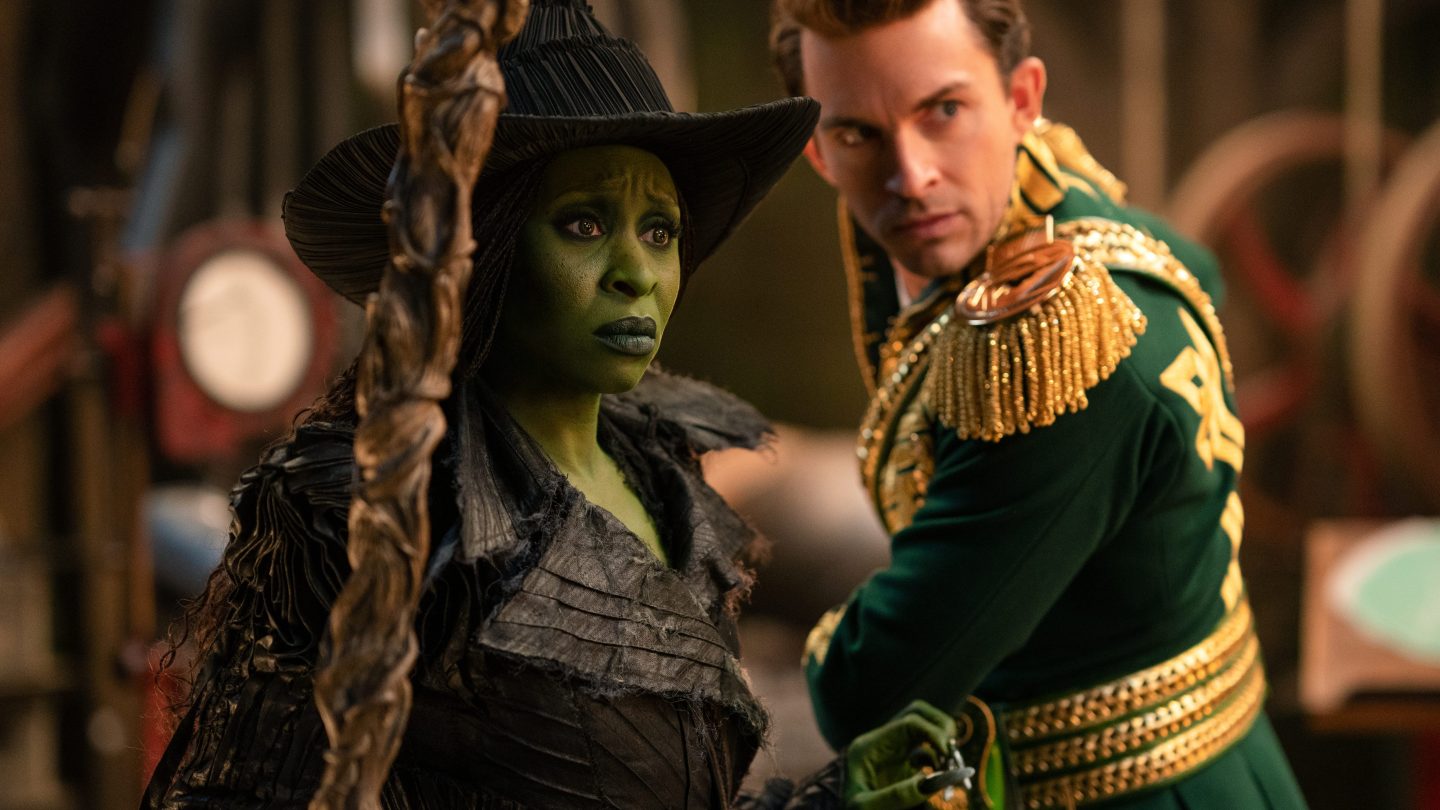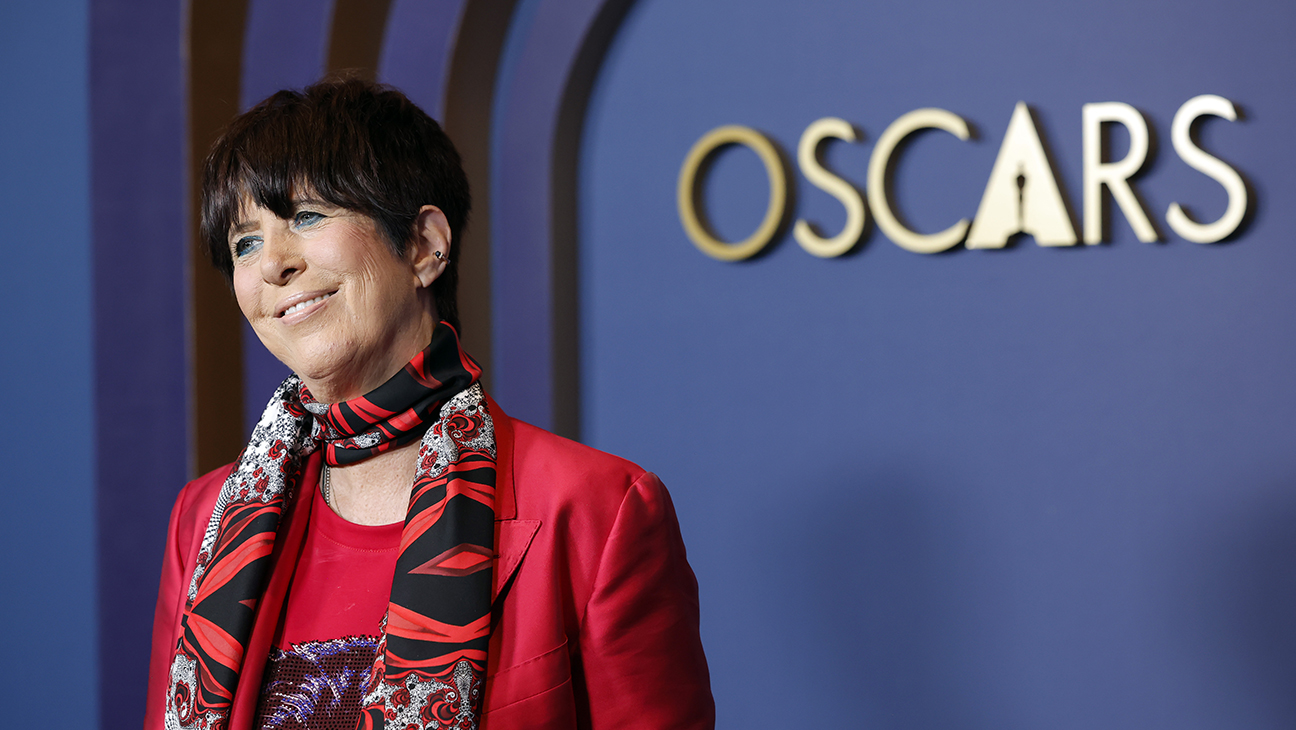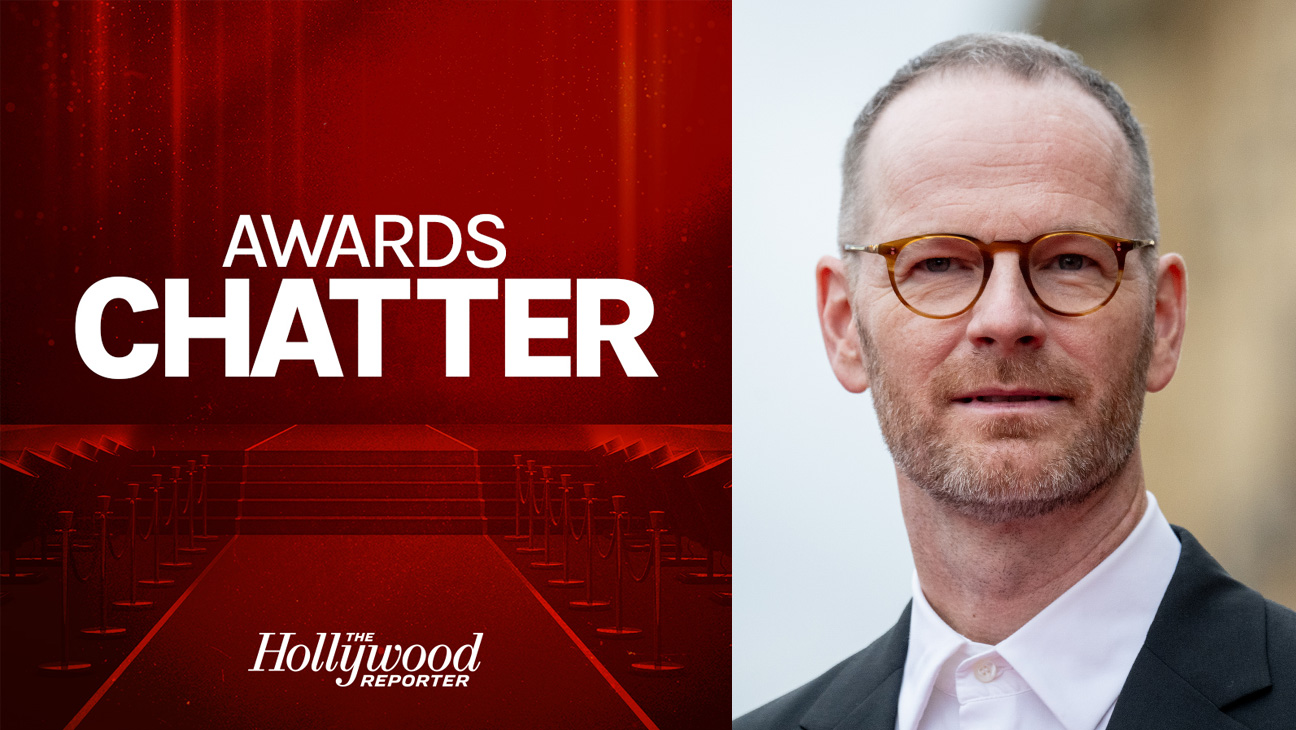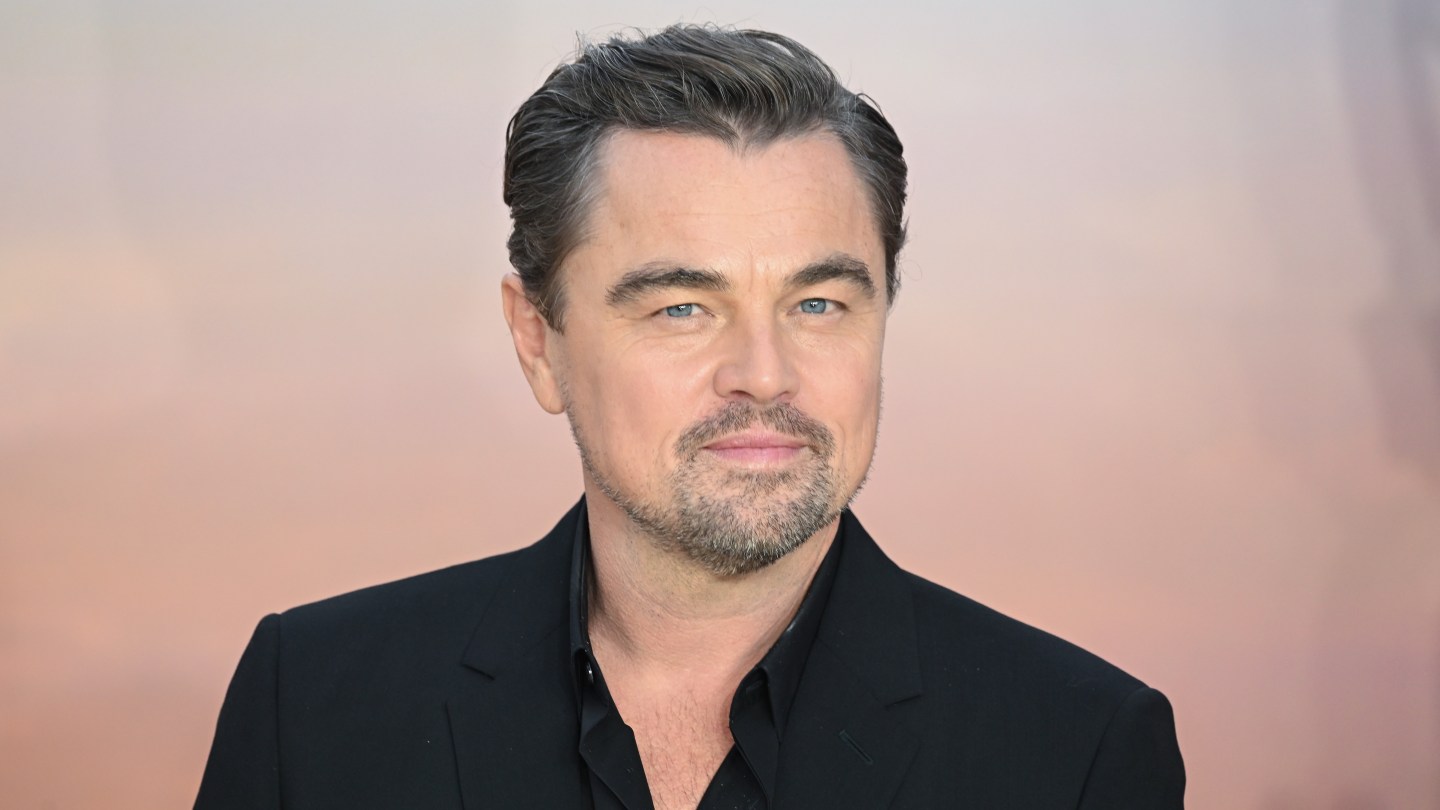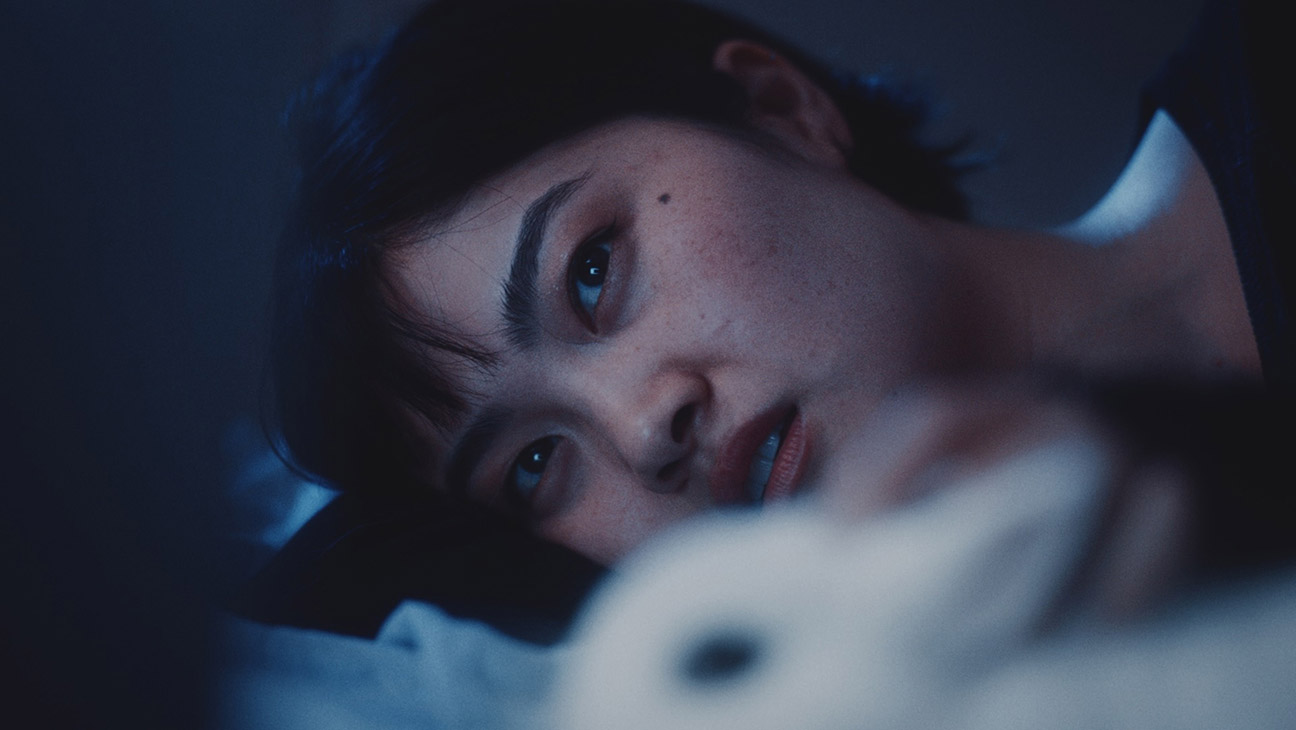[This story contains major spoilers from Wicked: For Good.]
In Wicked: For Good, the once carefree Fiyero has morphed into a troubled, but more principled character ready to throw away his life of comfort to defend the woman he loves.
This fit into Jonathan’s Bailey take on the charismatic prince, whom he views as someone who feels restless and unloved but who has a strong sense of injustice — or, as he put it, someone with “a feral mind that’s centered by something meaningful, which I think I probably relate to.”
Bailey took on the role with only four days of rehearsal for both films, which included preparing for the big duet “As Long As Your Mine” with Cynthia Erivo as Elphaba, celebrating the moment where his character decides to choose Elphaba over his prior love interest, Glinda (played by Ariana Grande).
He spoke with The Hollywood Reporter about shooting that pivotal scene in the sequel, his take on Fiyero’s transformation, and how he managed shooting the film at the same time as Bridgerton and Fellow Travelers.
***
What did you want to bring to power ballad “As Long As Your Mine”?
Nostalgic vocals. The power ballad duets I grew up with in the ‘80s and’ 90s, I absolutely loved. I loved the vulnerability and the sensuality of “As Long As You’re Mine.” On stage, you accept that they sort of exist in a smoke and dry ice machine. It was all about these two people — just him protecting her [Elphaba] and offering himself and literally getting on his knees and just bolstering her.
In “Dancing Through Life,” I vocally decided to riff, and be much more decadent, since Fiyero has that showmanship quality. Then in “As Long As Your Mine,” it’s a very clear and hopefully powered vocal to show the scaffolding he’s offering her. And then, musically, she gets to flourish. Obviously, singing with Cynthia is always once in a lifetime. Well, lucky for me, it might not be.
You were shooting this at the same time as filming Bridgerton and Fellow Travelers. How did you manage that?
It’s such a testament to extraordinary producers across those three projects. Matt Bomer got COVID right at the beginning of Fellow Travelers, which could have meant the whole thing was gonna be [in troubled]. It was such a precious schedule that was miraculously organized.
The way I respond to stuff I know I want to do is that I can see it clearly. Especially when I spoke to [Wicked director] John M. Chu that first time in Belsize Park in London. I’d flown over from Canada. I had filmed three days on Bridgerton and was due to fly back, and the Wicked date had slipped so it looked possible. I just knew not only what Fiyero was and what the opportunity was, but I felt like I would want to go away and do the work and then turn up and offer stuff, so that I could preserve [Cynthia and Ariana’s] energy, because it was such a massive slog for them.
It’s crazy to think I had four days of rehearsal when everyone else had a few months, but it’s amazing what you can do when you have experts around you. You have to go on instinct. You look at something and go, “I know what to do with this.” So I just went and milked myself to the end, and then I was like a hollow shell. But luckily, by that point, I had incredible prosthetics to hide under.
I’d heard that you approached Fiyero as a brilliant guy who is kind of bored, especially in the first movie.
Yeah, and even more interesting than just being bored, I immediately was like, “This guy is going from school to school. There’s no sense of family. He’s a Winky prince. He’s probably been sent to boarding school, been reared by nannies. Probably doesn’t feel any sense of love or support.” Things that are sort of reflected in Elphaba’s story. As a result, he has no attention and no patience, and finds systems tedious. I think that’s true within the school system, but then also in the system he finds himself playing a huge part in in terms of power in Oz. But he’s innately very kind. And I think that kindness is what powers him through when he sees the ease by which Madame Morrible can turn and vilify Elphaba and create a character for her that the populace immediately take on. He has a very strong sense of injustice.
Instead of bored, it’s more like he’s chaotic and I think he just feels unloved. I think he finds love in this story. And that’s also reflected in his relationship to Glinda, which is a perceived sense of what love should be, and the idea of a perfect union by other standards. He’s got a feral mind that’s centered by something meaningful, which I think I probably relate to.
Fiyero has several more serious scenes in the second film compared to the first film, where we see him untroubled and creating havoc in the song “Dancing Through Life.” How did you approach that transition?
I saw the opportunity to really tonally shift the film, and I could understand what Jon M. Chu was setting out to do. It was entirely appealing to explore what could be perceived as a very shallow, sort of uber charisma, cool guy, but actually to think, “What’s really going on?” If his needs to create anarchy, and the big “Dancing Through Life” number is self-preservation and self-protection, then what lies beneath? How do you make the most of a very lean character in terms of, there’s economy in how many times he appears in the story? How do you reflect the wider themes and the transitions that the women make in the film as well?
When Elphaba meets him in the forest, that’s the real beginning of the arc. I suppose I feel it’s reflected in my own life, that when you wake up and when there’s something entirely meaningful, things become more serious. I think romance and true love stories are entirely serious. There’s a quiet power to him.

